
Fourteen UnitedHealthcare Medicare service centers will open in five U.S. cities by January 2020.

Fourteen UnitedHealthcare Medicare service centers will open in five U.S. cities by January 2020.

Payers, providers, and pharma companies are expected to be the early adopters of blockchain systems compared to other healthcare industry stakeholders.

Businesses must engage all generations and ensure that employees understand that security is everyone’s business, and isn’t just a role for IT.
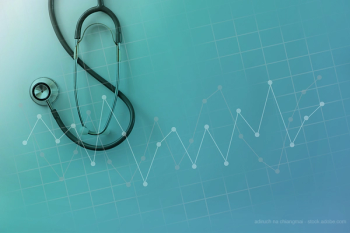
A look at what will impact the managed care industry next year.

Approval made via international collaborative effort.
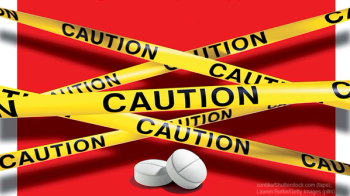
Federal subpoenas are latest in opioid actions.

Authors stress the need for clinicians to pursue new forms of clinical activism in community-based care.

New data point to an upward trend in liability claims.

Given the significant growth in genomics as a critical component of today’s medical/pharmacy care, genomics and genetic counselors are becoming increasingly important to healthcare executives.
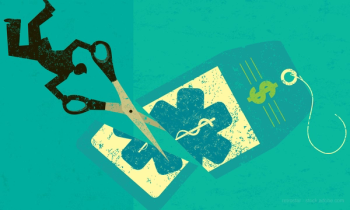
A recent study suggests healthcare organizations see reimbursement concerns-as well as differences in business culture – as roadblocks to embracing digital health partnerships.

Half of U.S. adults surveyed say they avoid seeking medical care because of cost, and they want upfront pricing of medical services.

Half of single adults 65 and older who live alone and those living in two-person households are unable to afford basic necessities without extra assistance.

A new report outlines the sharp cost increase associated with a NSCLC drug’s move from second-line to first-line treatment, and suggests payers work with manufacturers to address treatment pricing.

The housing model is now being widely implemented in the United States.

Chemotherapy may be the “boomer” to millennial-esque new cancer treatments, but there is a reason the old standard became that way, and isn’t likely to be replaced anytime soon.

New survey reveals impact of consumer challenges navigating the complexities of today's healthcare system when searching for the right care.

The strongest associations were found for broad-spectrum antibiotics and those that act against anaerobic bacteria and fungi, study suggests.

Proposed legislation prevents tech data harvesters from collecting information from smart device users.

Post-acute executives surveyed say EHRs and interoperability with acute care providers and physicians would radically improve their ability to thrive under value-based care.

Healthcare executives have a unique opportunity to stand up against harmful material on social media platforms.

The grant will fund the creation of a new “supercomputer” that will enable Mount Sinai researchers to explore more data-driven medicine.

Could per-person adjustments to Medicaid payments help better address social inequalities that affect overall health?

A new survey reveals that healthcare data breaches cost the industry billions, and is only expected to get worse.
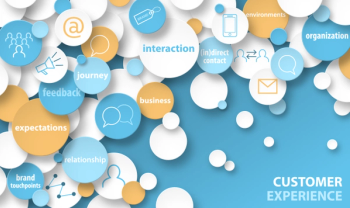
A new survey reveals attitudes around healthcare from key stakeholders in the industry.
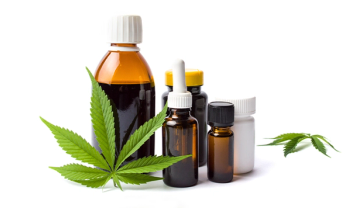
FDA cites 15 companies making unsubstantiated health claims.

There are a lot of ideas about ways to increase the value of cancer care, but personalized treatments may be the most significant and immediate.

CMS has put forth pricing transparency provisions for both hospitals and insurers – but what will they really mean for healthcare?

PBM mergers contribute to pricing problems, ACP says.

Disparities between network use and provider reimbursement levels widening, report finds.

Many working families are spending more of their incomes on healthcare, a new Commonwealth Fund report.